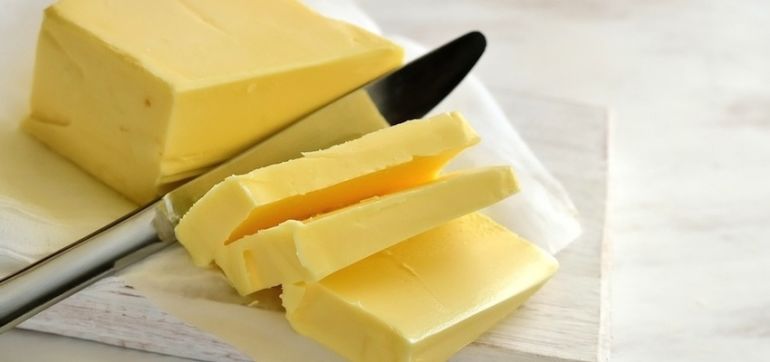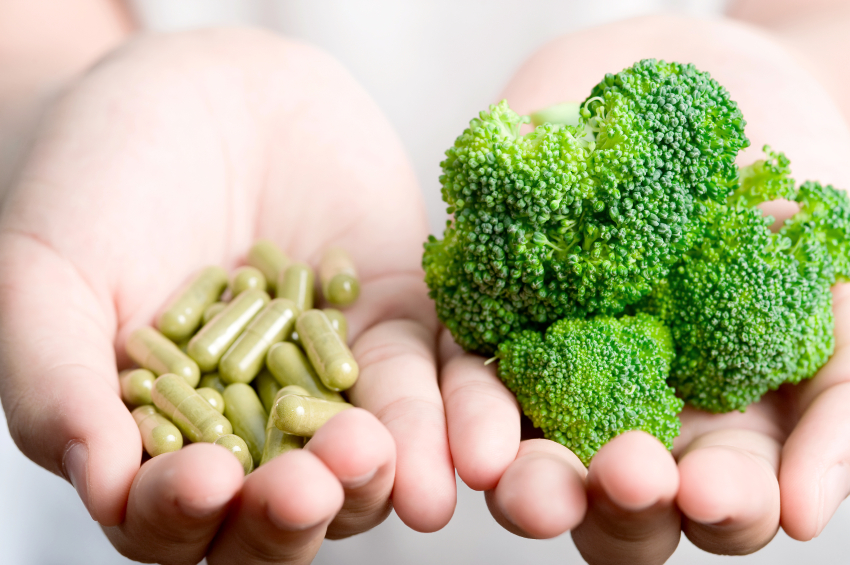Lose Weight > Common Sense To Lose Weight > Common Sense Article > Diet Herbs: Fennel, Flax, Ginger Root, Ginseng
Diet Herbs: Fennel, Flax, Ginger Root, Ginseng
Fennel is a member of the same plant family as carrots and parsley. Its seeds, roots, and stems are made into herbal preparations.
Herbalists recommend fennel for treating a variety of ailments, including asthma, upset stomach, angina, and breast-feeding problems. You may find it listed on the labels of a few natural weight-loss supplements, but it has no effect on fat loss.
Fennel is a trace ingredient in natural diet products and is considered to be safe.
Flax
Flax contains important essential fats and has been attracting attention for its many disease-fighting benefits. It is available as an oil, flour, whole seeds, or pulverized in supplements.
Several years ago at the annual Convention on Experimental Biology, the Food and Drug Administration (FDA) and several other research institutions presented evidence that flax does the following:
-Helps stimulate the immune system.
-Increases the retention of vitamin D and several minerals.
-Has anti-tumor properties
-Is high in antioxidants
-Lowers triglyceride levels and favorably alters cholesterol profiles.
But despite these remarkable attributes, flax has no effect on fat loss. The reason it shows up in natural weight-loss supplements is that it works as a natural laxative, forming bulk in the intestinal tract and thus aiding in elimination.
In its various forms, flax is very safe and healthy.
Ginger Root
Used since ancient times, this herb is processed from the underground stem of a tropical plant native to Asia. It is available in tablets, capsules, tea, extracts, and syrups, and as a filler in a few natural weight-loss supplements.
Ginger root, which contains a number of beneficial chemicals, has a long list of bona fide medical uses: relieving intestinal gas, treating nausea caused by motion sickness, and reducing joint inflammation, to name just a few. This versatile, healthful herb, however, has no effect on fat loss.
Supplementing with ginger root is very safe.
Ginseng
There are three types of ginseng: the Asian variety (Panax ginseng}; American ginseng (Panax quinquefolius); and Siberian ginseng (Eleuthero-coccus senticosus), a different species than Panax. Siberian ginseng is not a true ginseng, but a botanical cousin. It is the same plant as the Chinese herb known as ciwujia.
Derived from the roots and leaves of a thorny shrub, Siberian ginseng has been studied extensively. Research shows that it may increase energy, extend endurance, ward off fatigue, and enhance the immune system. In Russia, it has been used by cosmonauts and Olympic athletes to boost energy and fight the effects of stress. The herb's active ingredients, called eleutherosides, are thought to be responsible for Siberian ginseng's many health benefits.
Derived from the plant's root, the Asian and American forms of ginseng are the two varieties most commonly used in the West. Their active particles, termed ginsenocides, have benefits similar to those of eleutherosides. Some research shows that ginsenosides may halt the buildup of plaque in the arteries and reduce cancer risk by preventing cell damage caused by free radicals. Nearly 2,900 scientific studies have been conducted on ginseng, mainly the Asian variety.
Ginseng has a reputation as an aphrodisiac, an adaptogen (a stress-resisting agent), an anabolic (tissue-builder), and an antioxidant. There's no proof that ginseng enhances sexual performance or potency. But there's some evidence that it may positively influence stress. Animal studies show some tissue-building reaction to ginseng taken orally; however, researchers haven't been able to replicate those results in humans.
From a weight-loss perspective, ginseng supposedly can treat water retention. But proof of this benefit is sketchy. Ginseng is also among a handful of herbs reputed to be lipotropic.
Of interest to exercisers and athletes is ginseng's possible effect on physical performance. Italian researchers investigated the stamina-producing powers of ginseng. They studied fifty male sports teachers, all healthy, ages 21 to 47 years. Every 6 weeks, the participants took two capsules containing either ginseng extract, vitamins, and minerals, or placebos. After taking either the ginseng preparation or the placebo, they exercised on a treadmill at increasing workloads. The ginseng group performed much better than the placebo subjects. This finding led the researchers to conclude that the ginseng preparation boosted performance by improving the supply of oxygen to the muscles.
In China today, many preparations of ginseng are officially approved for medicinal use. You find ginseng in teas and as powders, capsules, extracts, tablets, and ginseng-flavored soft drinks.
Authorities generally regard ginseng as safe if taken in minimal quantities for short periods of time. There are known side effects of large doses and long-term use: diarrhea, insomnia, nervousness, nausea, and vomiting.
Related Articles
-
Seven Traits That May Be Keeping You Overweight!
Being overweight not only affects your h
-
Natural home remedies for weight loss
You’re not in a happy place if you’re overweight or
-
Drink Juice, Lose Weight
Drinking at least one glass of low sodium vegetable jui
-
Diets Exercise Health And Weight Loss
Square one. Stop thinking about diet, diets, dieting, on a diet, fad d
-
How Cheating Can Help You Reach Your Fitness Goals!
Are you considering chea
-
Look Your Best With These Solid Weight Loss Tips!
There are many differing opinions on how to go about losing weig
- DON'T MISS
- Six Simple Weight Loss Tip
- The Secret to Using Oolong Tea to Lose Weight
- The Secret of Dropping More Than 30 Pounds
- It Works Body Wraps to Lose Face Fat
- How to Start and Stick with Your Diet
- How To Find A Fat Cavitation Machine For Sale
- The Best Way Overweight Men Can Finally Shed Some Pounds and Stay Healthy and Trim
- Weight Loss Surgery Side Effects
- Rejuvenation And The Protein Revolution
- Wouldnt It Be Nice To Experience Rapid Weight Loss And Still Eat. Heres How




